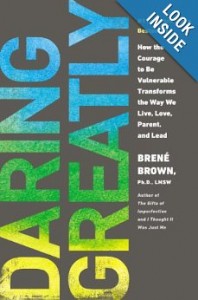 I’ve been away visiting family this weekend and haven’t had a chance to prepare a new set of blog posts for this week. I therefore thought I would re-post some of my old favourites from the past this week, which will give me time to prepare new ones for next week.
I’ve been away visiting family this weekend and haven’t had a chance to prepare a new set of blog posts for this week. I therefore thought I would re-post some of my old favourites from the past this week, which will give me time to prepare new ones for next week.
One of my favourite articles about recovery was written by Dale Walsh back in 1996 which really summed up what recovery and recovery principles mean to a person who has been suffering from mental health problems. I thought I would highlight some of the main points here.
The Problem
‘For many years I believed in a traditional medical model. I had a disease. I was sick. I was told I was mentally ill, that I should learn to cope with my anxiety, my depression, my pain, and my panic. I never told anyone about the voices, but they were there, too. I was told I should change my expectations of myself and realize I would always have to live a very restricted life.
Read More ➔








